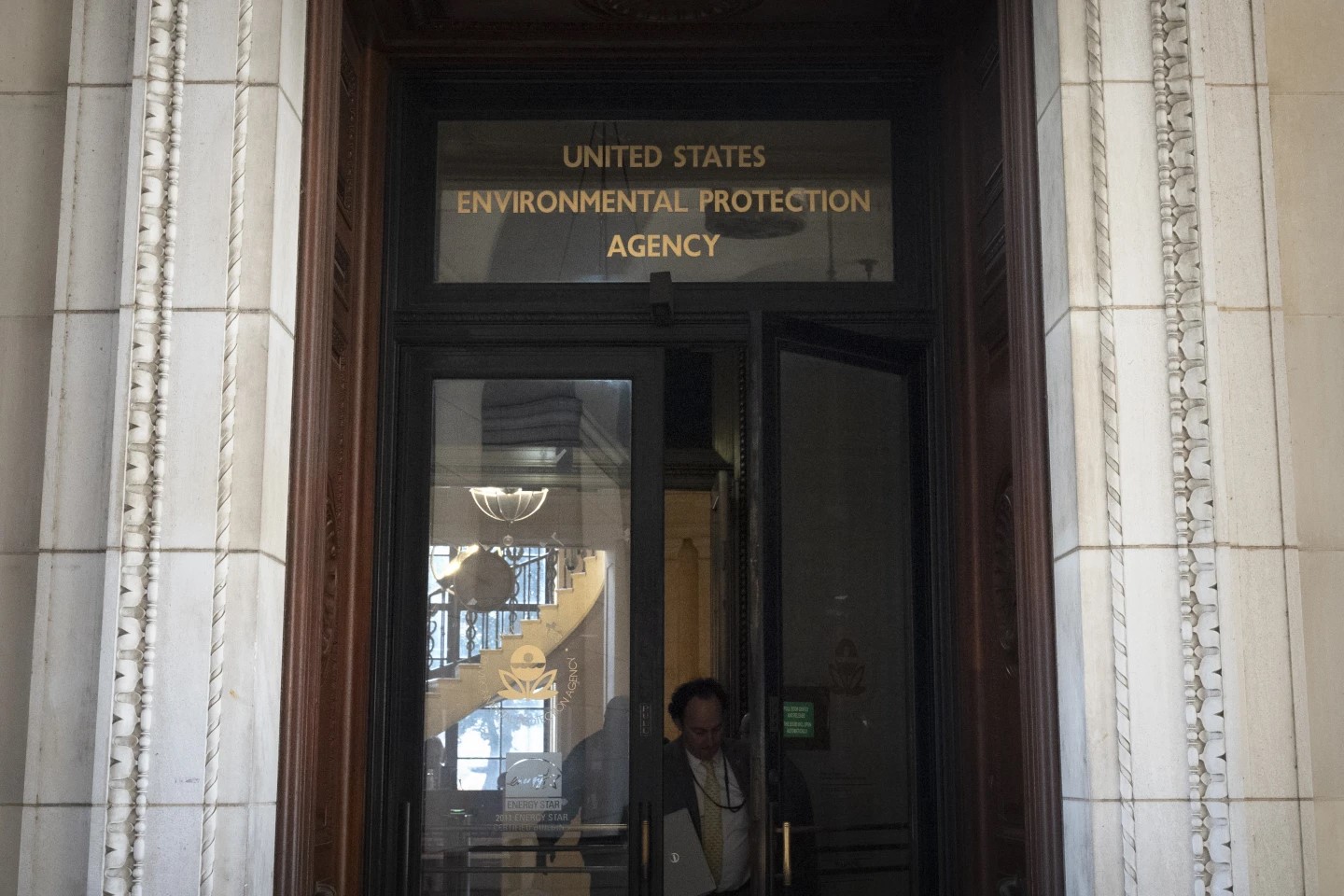The Federal Government is now investigating a possible link between lead in artificial turf fields and cancer.
Three government agencies, including the Environmental Protection Agency announced this week they will begin research into the recycled tire crumbs that layer artificial soccer fields.
The issue of artificial turf was spotlighted when it was used in the 2015 Women’s World Cup. It was the first World Cup to be played on turf.
Hampton Dellinger led a gender discrimination lawsuit on behalf of a coalition of international women soccer players against soccer’s governing body, FIFA, and the Canadian Soccer Association.
The men’s World Cup has always been played on a grass field, which is the standard for high level international matches.
“People who know anything about soccer know that the most important games at the international level are played on grass,” said Dellinger.
Artificial turf fields became popular because of the low costs and ease of maintenance.
According to a report by USA Today, the EPA had advocated for the use of artificial turf since 1995. But they recently admitted in a statement that “more research needs to be done.”
The rubber crumbs are also popular as a playground surface.
While Dellinger’s lawsuit sought to protect the players from short-term injuries like skin infection, the long term risk could be much greater.
“I think it is long overdue and a great thing that federal agencies are going to take an in-depth and very scientific review of whether artificial turf surfaces are safe,” said Dellinger.
The real concern is for soccer players who spend years playing on the artificial turf.
“Children around the Chapel Hill-Carrboro area, whether they are playing Rainbow soccer or some of the other great youth football, that is soccer leagues, are playing for years and that’s why there really needs to be intensive, scientific, rigorous studies on the safety or not of artificial turf,” said Dellinger.
According to the USA Today, there are over 11,000 artificial turf fields across the country.
Related Stories
‹

Lead Detection in UNC Library Leads to Removed FountainsAfter detecting lead in multiple tests, UNC announced it is removing several drinking fountains from Wilson Library. The University’s Office of Environment, Health and Safety shared the news in an email to the campus community on Thursday around 3:30 p.m. “Other drinking fountains in the building were tested, showed no detectable levels of lead and […]
![]()
UNC Women's Soccer: NCAA Tourney PreviewHampton Dellinger interviews famed UNC soccer alum Nikki Washington (a member of Carolina’s NCAA Championship Teams in 2006, 2008, and 2009) on the eve of the Tarheels’ opening round match against William & Mary. The game — which takes place Saturday, November 12th at UNC’s Fetzer Field — will likely be Carolina’s last home game […]
![]()
UNC Greats Heath and O'Reilly, Plus Coach Dorrance, on 2011 Women's World CupThe United States Women’s National Soccer Team is in the Triangle training for the 2011 World Cup which kicks off next month in Germany. Beyond the Headlines host Hampton Dellinger joined the team during its training session at Wake Med Soccer Complex in Cary. Former UNC greats Heather O’Reilly and Tobin Heath took time out […]

‘Trump’s EPA’ in 2025: A Fossil Fuel-Friendly Approach to DeregulationThe Trump administration has transformed the Environmental Protection Agency in its first year, cutting federal limits on air and water pollution and promoting fossil fuels.

Top Stories of 2025: Federal Funding Cuts Hit UNC, Nonprofits and Local ResidentsOne of the defining stories of 2025 was the impact of federal funding cuts on our community - from nonprofits to research and beyond.

An Environmental Justice Test Case for Trump’s EPA: A Creek That Smells Like DeathBy Lisa Sorg, Inside Climate News On a summer afternoon in Burton Park, hip-hop throbs from a car stereo over the backbeat of a basketball slapping on concrete. The sun bakes a grid of identical brick buildings, whose wheezing window air conditioners can barely keep pace with the 96-degree heat. Three young boys laugh and […]

Siena Hotel Leadership Recaps Busy Week Hosting Mexico Men's National TeamWhile they were in Chapel Hill, the Mexico men's soccer national team stayed at the Siena Hotel – catching the attention of El Tri fans.

Triangle Turkish Community Welcomes Chance to See National Team, Matchup vs. MexicoWhile Mexico fans are known for their boisterous support of El Trí, the Turkish community is also very passionate about their team – and has a strong contingency in the Triangle largely because of the Sancar Turkish Cultural & Community Center.

EPA Head Says He’ll Roll Back Dozens of Environmental Regulations, Including Rules on Climate ChangeThe head of the Environmental Protection Agency announced a series of actions Wednesday to roll back landmark environmental regulations.

Bill for 'Forever Chemicals' Manufacturers to Pay North Carolina Water Systems AdvancesNorth Carolina could order "forever chemicals" manufacturers to help pay for cleanup when found responsible for spills into water systems.
›









